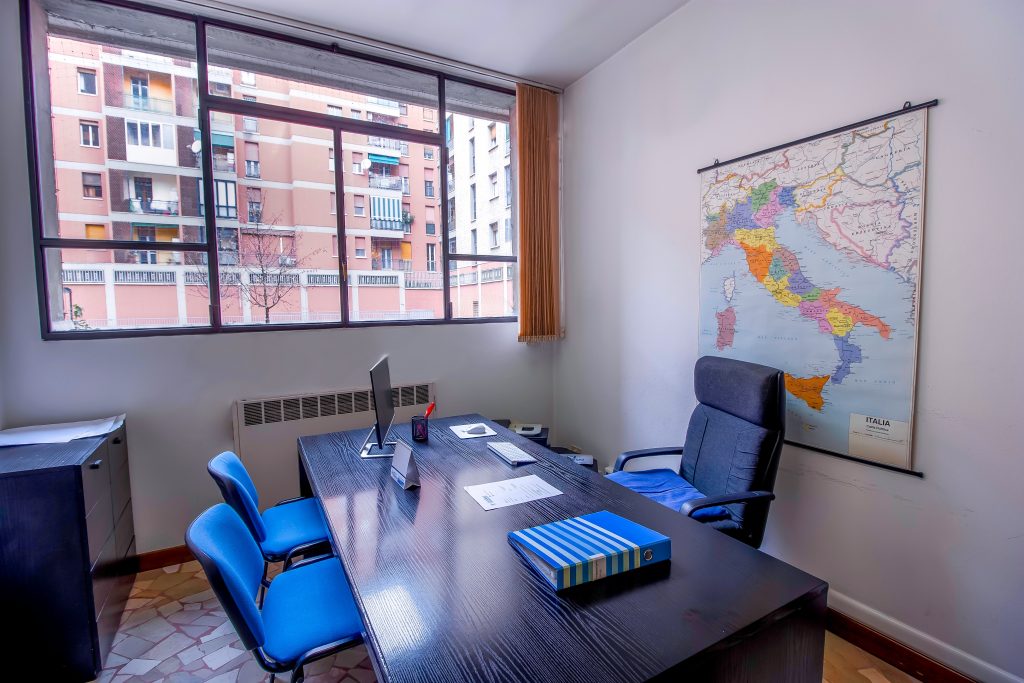Contents:
- How can Italian Studies expand your horizons?
- What career options are out there?
- What can you expect from the Italian program?
- How do you declare a Minor?

How can Italian Studies expand your horizons?
Italy is a world leader in fields such as fashion, graphic design, interior design and the culinary arts.
Italy is one of the top economies in the world, the third largest in the Euro-zone. It is a country with an extremely rich cultural history whose legacy in music, architecture, arts, and philosophy are well recognized around the world. In fact, over 60% of the world’s heritage sites are found in Italy!
At UBC, we offer a wide range of courses in which students develop Italian language skills and explore Italian literature, arts and culture in a global context. We also offer courses specific to career fields (like Italian for Opera) and project-based courses in the community and abroad. Courses in the target language are offered up to the fourth year, and the Minor is designed to offer students the greatest flexibility depending on their specific objectives.

What career options are out there?
Graduates will develop transferable skills that can be applied to a variety of contexts.
Our graduates are equipped for any field in which connection and internationalism count: from business to law, education to development work, journalism to public relations, and diplomacy to tourism. These include careers in:
|
|
Many students find that a Major or Minor in one of our programs pairs well with other specializations, including International Relations, Political Science, Geography, Human Resource Management and more.
You will develop transferable skills that can be applied to a wide variety of fields. These skills include:
|
|


What can you expect from the Italian program?
The Italian Minor aims at projecting the study of language and culture onto a multidisciplinary curriculum that reflects the diversity of the world around us.
Students choose from a wide range of:
a) Courses on Italian language (ITAL):
Our language courses are based on the Common European Framework of Reference for Languages and support learners progress from beginners to upper-intermediate levels (A1-B2). Special topics courses such as the Study Abroad in Italy program, Conversational Italian, Italian for Opera Singers, and Italian Translation also provide additional learning opportunities for students.
b) Courses on Italian culture (ITST) – which are taught in English:
The ITST courses provide students with a firm understanding of canonical works and cutting-edge topics from the Middle Ages to the present. The program’s current course offering is wide-ranging and interdisciplinary: Italian colonialism, fascism, neorealism; Italian cinema and contemporary literature; gender and society in Italy; Dante’s Divine Comedy; literary and visual cultures in medieval and early modern Italy; Italian culture and the environment; migrations in/out of/to Italy; “Made in Italy”; and relations between Italy and China. More courses on special topics are added every year to cater to students’ needs.
An Italian Minor teaches you about connection, communication, and community. It often pairs well with majors or minors in other languages, or with subjects such as History, Political Science, International Relations, Geography, Anthropology and more.
What better way to learn the Italian language and culture than to immerse yourself in Italy for several weeks?
- UBC offers study abroad programs every summer in various cities and regions of the Italian peninsula through Go Global.
- UBC also has a study exchange agreement with the University of Bologna.
From attending Italian film screenings to enjoying food and beverages Aperitivo style, there are plenty of opportunities for students to deepen their cultural awareness and linguistic skills through events organized by the Department and by student clubs and associations. Our program also has strong ties with the wider Italian community in Vancouver, such as the Italian Cultural Centre and the Consulate General of Italy.
- The Department of French, Hispanic and Italian Studies offers free tutoring and educational support to students through the Learning Centre.
- The Department also hosts language conversation tables and cultural events through the Cultural Club, giving students a chance to further their exploration of language and culture outside of the classroom.

How do you declare a Minor?
You can declare your specialization in one of two ways:
Steps:
- Login to the Student Service Centre (SSC) and select your campus and session.
- Select specialization from the browse menu to see a list of all degree programs with specializations.
- Select your degree program.
- Select your area of specialization from the subject list.
- Click add spec.
- If the specialization indicates that you must contact the department, you will not be able to declare it online. Contact your academic advising office for details.
- (To make changes: use the switch spec. button)
Arts Advising can adjust your specialization on your behalf by filling out their online form.
Arts Advising only accepts online specialization requests outside of the registration period (registration runs from mid-June to mid-September). During registration periods, declare your specializations via the SSC.
For further assistance, contact an advisor.


